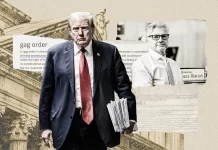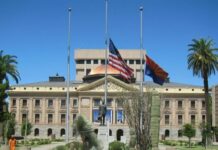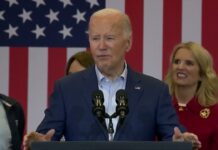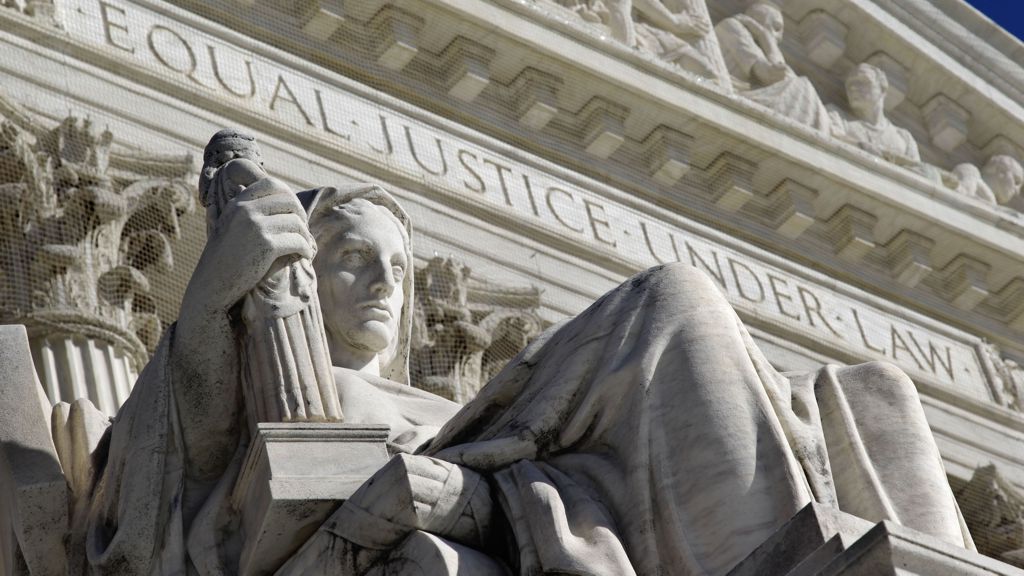The Supreme Court’s refusal Friday—purely on standing grounds—marks the latest in a long line of courts, all of whom have refused to hear the evidence of alleged widespread voter fraud (enabled by the unconstitutional acts of non-legislative actors in four of the six swing states still under dispute).
The Supreme Court’s refusal to reach the merits—over the dissents of Justices Samuel Alito and Clarence Thomas—was, I fear, a tragic error of grave magnitude.
Settled Law Supports Texas’s Standing
While Texas’s claim to standing was unconventional, the high court could have easily heard the case: Well-settled law supported the opposite conclusion.
As Chief Justice Earl Warren, writing for the court over a half-century ago in Reynolds v. Sim—when striking down a racially based gerrymandering of voting districts in Alabama—wrote (emphasis mine): “the right of suffrage can be denied by a debasement or dilution of the weight of a citizen’s vote just as effectively as by wholly prohibiting the free exercise of the franchise.” The court went on to observe that “to the extent that a citizen’s right to vote is debased, he is that much less a citizen.” The Chief Justice noted that the one person, one vote principle, free of “debasement or dilution,” lies “at the heart of Lincoln’s vision of ‘government of the people, by the people, [and] for the people.’”
There can be no question, therefore, that the citizens of Texas have had their precious constitutional right of suffrage “debased and diluted” by the unconstitutional acts of non-legislative actors in the defendant states (Georgia, Michigan, Pennsylvania, and Wisconsin).
Under the Electors’ Clause, the state legislatures are given exclusive power to determine the “manner” in which the state’s presidential electors’ are chosen.
Texas didn’t take issue with the election laws of the four defendant states.
To the contrary, Texas’s claim was that “non-legislative actors”—election officials, hyper-partisan courts, and, in some cases, elected and appointed members of the executive branch—took steps to override the election laws of the defendant states.














































